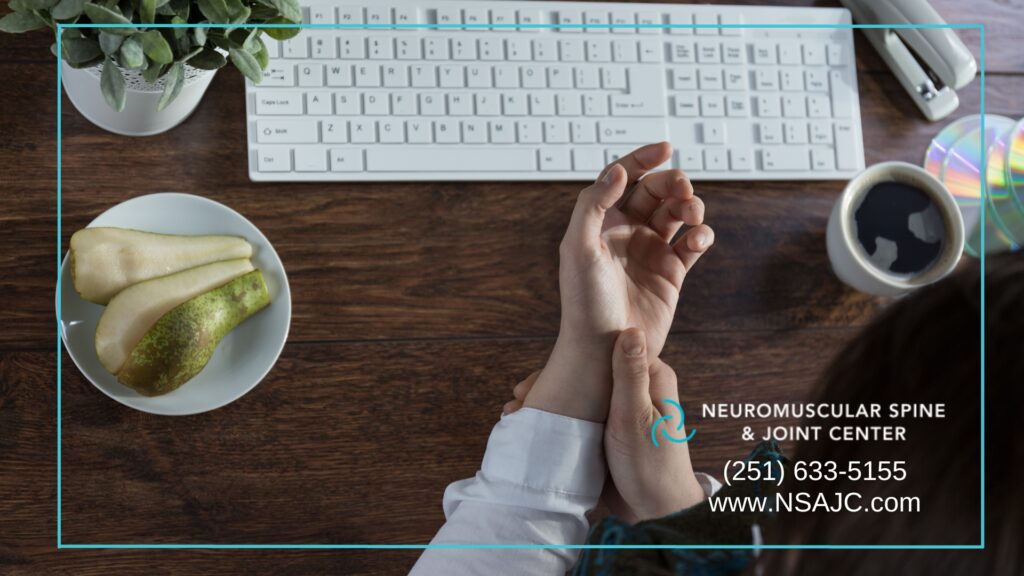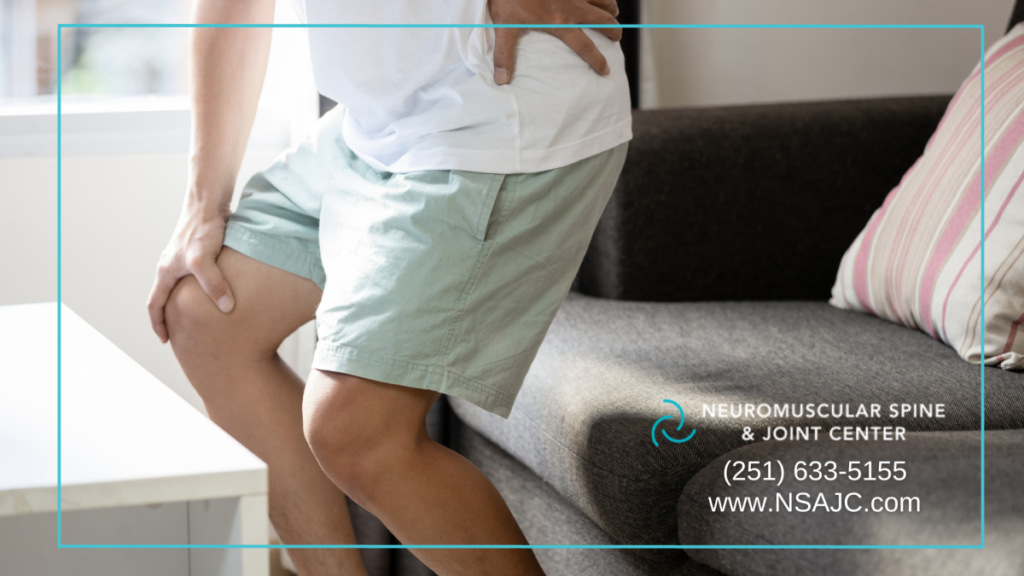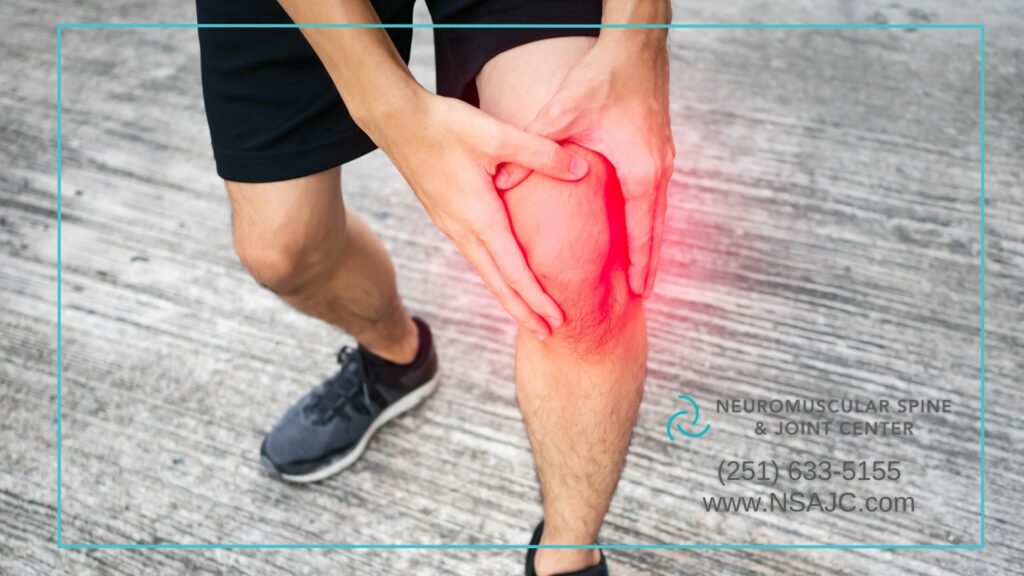Carpal Tunnel Syndrome: Exercises

Here are some examples of typical rehabilitation exercises for Carpal Tunnel Syndrome. Start each exercise slowly. Ease off the exercise if you start to have pain. Your doctor or your physical or occupational therapist will tell you when you can start these exercises and which ones will work best for you. How to do the […]
Sacroiliac Joint Pain: Care Instructions

The sacroiliac joints connect the spine and each side of the pelvis. These joints bear the weight and stress of your torso. This makes them easy to injure. Injury or overuse of these joints may cause low back pain. Stress on these joints can cause joint pain. Sacroiliac joint pain is more common in pregnant […]
Acute Low Back Pain: Exercises

Here is an example of typical rehabilitation exercise for acute low back pain. Start the exercise slowly. Ease off the exercise if you start to have pain. Your doctor or physical therapist will tell you when you can start these exercises and which ones will work best for you. When you are not being active, find a […]
Are you suffering from chronic knee pain?

Have you been suffering from persistent knee pain that just won’t go away? If so, a genicular nerve block may be the answer you’ve been looking for. Dr. Kopp and the Neuromuscular Spine and Joint Center provide a genicular nerve block that is designed to provide lasting relief of your painful symptoms. Our advanced treatment […]
Starting a Weight Loss Plan: Care Instructions
If you are thinking about losing weight, it can be hard to know where to start. Your doctor can help you set up a weight loss plan that best meets your needs. You may want to take a class on nutrition or exercise, or join a weight loss support group. If you have questions about […]
Chronic Pain: Care Instructions
Chronic pain is pain that lasts a long time (months or even years) and may or may not have a clear cause. It is different from acute pain, which usually does have a clear cause like an injury or illness and gets better over time. Chronic pain: Lasts over time but may vary from day […]
Learning About Opiates
Introduction Opiates are medicines used to relieve moderate to severe pain. They may be used for a short time for pain, such as after surgery. Or they may be used for long-term pain. They don’t cure a health problem. But they help you manage the pain. Opiates relieve pain by changing the way your body […]
Learning About Safe Use of Long-Acting Opiates
Introduction Long-acting opiates relieve moderate to severe long-term pain. They are also called extended-release opiates. Opiates relieve pain by changing the way your body feels pain. They don’t cure a health problem. They help you manage the pain. If you take a lot of short-acting pain medicine, your doctor may give you long-acting opiates. They […]
Safe Use of Opiate Pain Medicine: Care Instructions
Your Care Instructions Pain is your body’s way of warning you that something is wrong. Pain feels different for everybody. Only you can describe your pain. A doctor can suggest or prescribe many types of medicines for pain. These range from nonprescription medicines like acetaminophen (Tylenol) to powerful medicines called opiates. Opiates work well to […]
Pain Medicine Side Effects: Care Instructions
When you go to a medical facility in pain, you may get a strong medicine to give you relief. The medicine may be given in a vein (by IV) or as an injection (shot). Examples of this type of pain medicine include fentanyl, hydromorphone, and morphine. While these medicines help relieve pain, they also have […]
